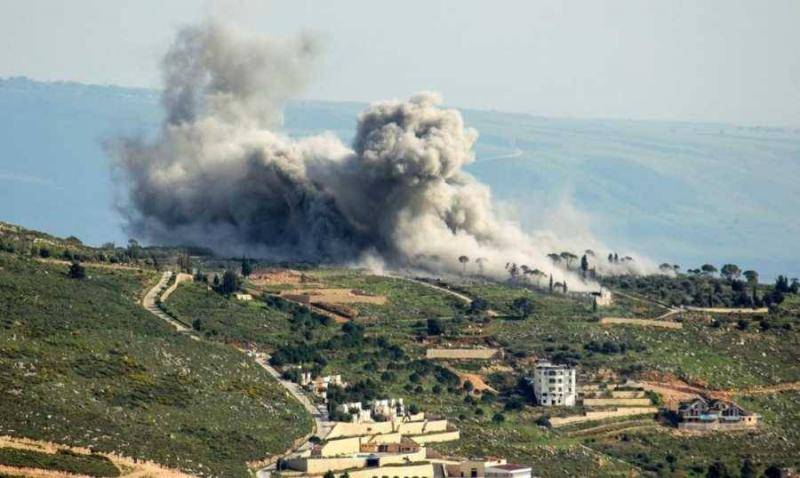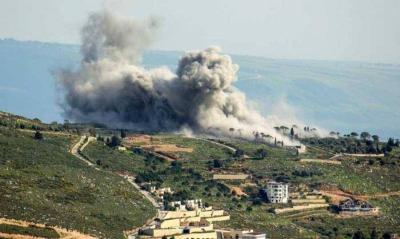In the south, during the long months of ongoing confrontations, there is a humanitarian and social factor that many do not take into account. This factor poses a significant challenge and threat, as well as embarrassment for the Israelis. It relates to the fact that people remain in their homes, despite experiencing a real state of war there, unlike other Lebanese who may live in southern areas that might not be affected by the sounds of explosions and bombings as reported by "Al-Mudun."
Perhaps the scene of the large human influx during Eid al-Fitr towards the southern villages is one of the most provocative images for the Israelis, due to a number of reasons and considerations.
First, there is a widespread belief that the Israelis focus on targeting military sites or those suspected of being so. After all, every prior strike that targeted civilians was accompanied by Israeli messages indicating that it was not deliberate.
Second, there is a Lebanese conviction that the Israelis will not target civilians by committing massacres. They rely on what Hezbollah Secretary-General Hassan Nasrallah stated in a previous appearance, responding to Israeli comments about not targeting civilians. He indicated that they do not target civilians or civilian facilities because they cannot afford it, and they anticipate a greater and more violent response from the party.
Third, there is a sense of challenge among southerners who emphasize their commitment to the land and their attachment to it despite the destruction and confrontations.
Fourth, part of the confrontation and challenge pertains to projecting a superior stance over the Israelis, who had to evacuate all residents from the northern settlements, completely halting life there, amid significant pressures exerted by these residents on the Israeli government, as they feel it has abandoned the north and is incapable of doing anything, while the Lebanese continue their lives and remain present.
All these factors, in addition to others, push the Israelis to intensify their destructive military operations. In light of this, the intensive and simultaneous airstrikes launched on Wednesday towards the town of Aita al-Shaab, which has been the most bombarded town, can be described in this context. There may be multiple objectives behind such actions: first, to make the area uninhabited by employing a scorched earth policy and intimidating the people in the border villages to compel them to leave; second, the Israelis are trying to promote the idea that this area contains military tunnels belonging to Hezbollah, as they consider that all border villages have tunnels.
Another aspect of the Israeli narrative that should not be overlooked, especially considering the geographical context of Aita al-Shaab, which seems to be one of the towns most cared for by Hezbollah due to its location, is that the Israelis are attempting through these strikes to uncover what the party has there, or perhaps what lies underground, or signaling that they are paving the way for a military incursion towards it, with the goal of destroying the tunnels.
However, it is unpredictable what surprises Hezbollah may have in store, especially as the Israelis factor in that they will face significant ambushes and losses, leading them to resort to destructive operations to frighten the populace and pressure the party to avoid such scenarios or direct confrontations.
What is happening from the escalation of operations and counter-operations is a form of mutual pressure, aimed at redrawing new rules of engagement to prevent the scope of clashes or strikes from evolving into a wide-ranging war. The Israelis seek, through a strategy of intimidating the people and increasing military pressure on the party, to push it towards accepting negotiations and halting confrontations, in contrast to Hezbollah's insistence on rejecting this equation and expanding its targeting to reach northern Akka, in a bid to demonstrate its readiness for any escalation or future scenario, according to "Al-Mudun."




